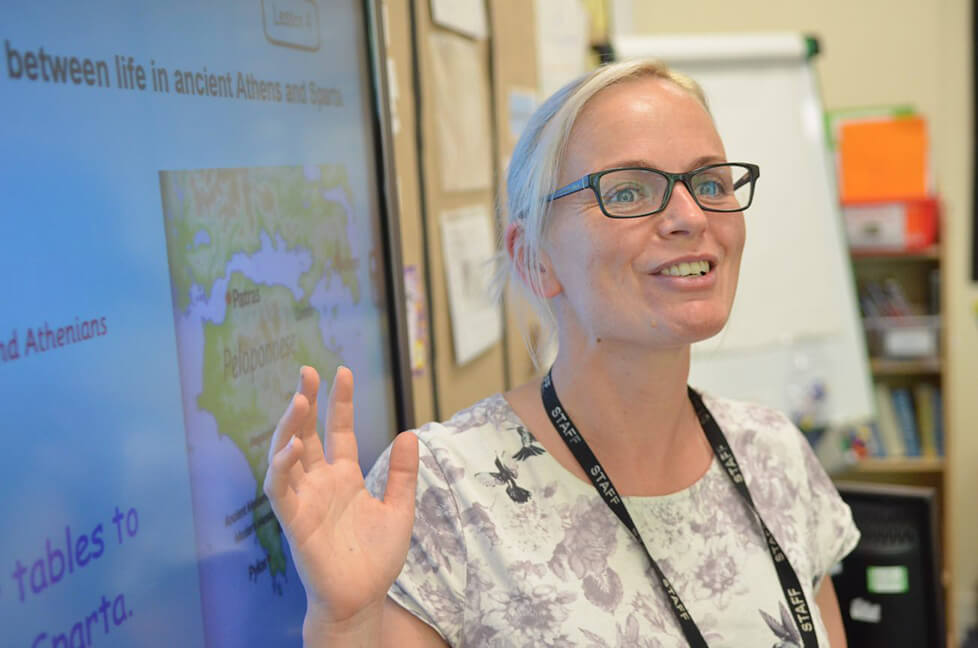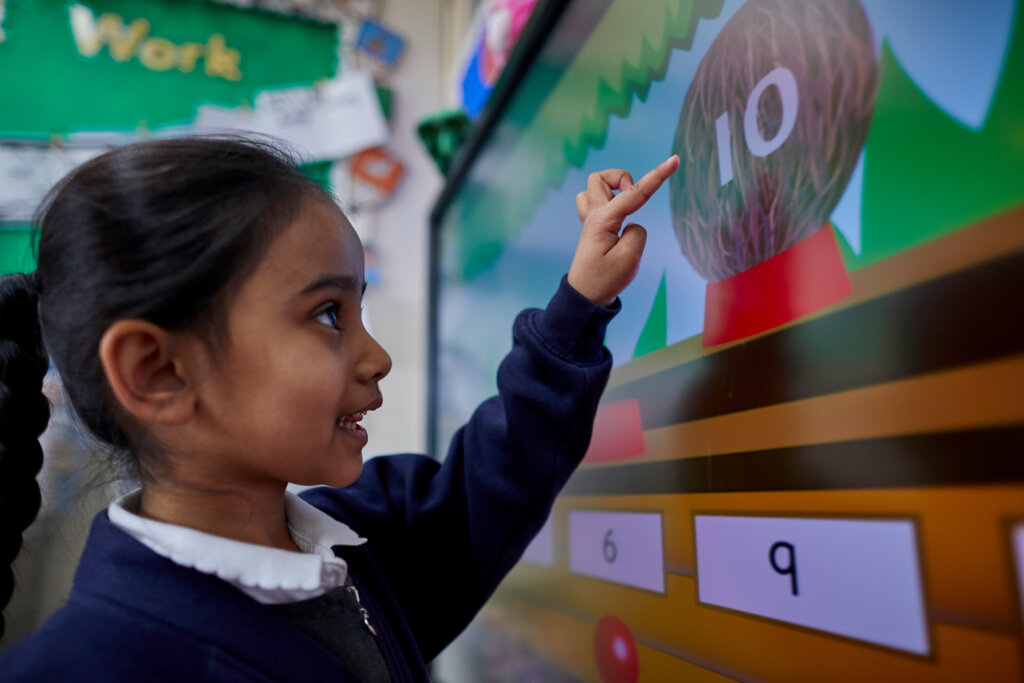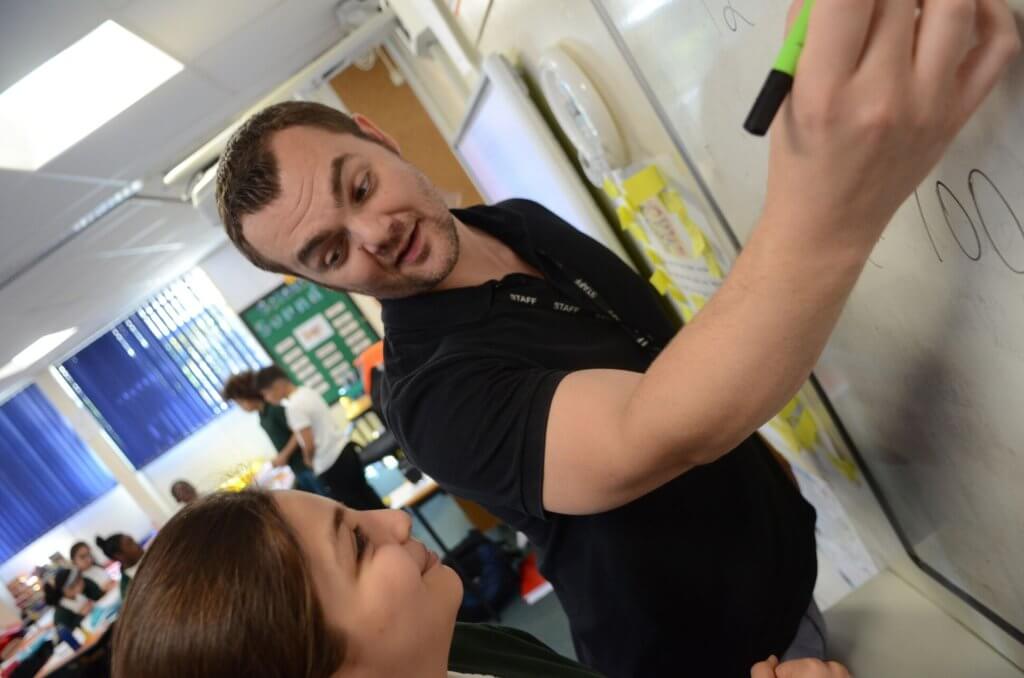Tracking and Tackling Absence in Schools
Among the many issues Covid brought to our attention is the need to “end the postcode lottery of how attendance is managed in different schools and parts of the country.” It is certainly concerning that the rate of persistent absences doubled between the autumn terms of 2020 and 2021. The government has proposed several measures to counter this problem, such as publicising attendance improvement plans on school websites, and replacing local thresholds for absence fines with national ones.
Potentially the most innovative, however, is the new approach to data collection using a daily attendance tracker. This technology collects real-time data from registers and automatically feeds it to the Department of Education. The idea is that this will relieve some of the burden of time for schools, whilst also identifying attendance trends and challenges as they appear. This will help leaders understand the reasons behind absences and develop more effective support plans as a result. Children’s Commissioner Rachel de Souza clarifies that currently the government only has access to the percentage of pupils not in school, without any details pertaining to whether or not they are the same ones as the day before. She concludes, “so I really want to see our data systems upgraded and just those basic things would give us a help.”
The government assures schools that this data would not be used for inspections, academisation decisions, or moving schools in and out of trusts. If the trial goes well, this daily method could replace other forms of attendance data collection in schools.
Catch Up on Play Time
There were many lessons to take from the pandemic, but above all else, we learned the importance of relationships and community. In the hope of reversing the negative impact of school closures and isolation, a coalition of organisations led by the British Psychological Society have called for the government to prioritise children’s mental health during post-pandemic recovery. Together with Young Minds, Save the Children, and the Royal College of Psychiatrists, the BPS has written to the chair of the Education Select Committee recommending that an extra 10 minutes playtime be added to the schoolday. The letter warns that focusing solely on academic catch-up will worsen children’s mental health, which seems to have been the case as children returned to school in the autumn of 2020. When schools were closed, fifty-eight percent of young people with a history of mental health problems described their mental health as poor. However, this jumped to sixty-nine percent when schools reopened.
Play is of vital importance for the healthy development of children. Without play, it’s not just wellbeing that suffers, but social, physical, and cognitive skills. The vast majority of parents were in agreement that play was more or equally as important as academic catch-up. Rather than return to pre-pandemic norms, the coalition argues that the education recovery programme is the perfect opportunity to restore and reclaim playtime.
Levelling Up Education Post-Pandemic Education
Among the 12 “national missions” recently unveiled in the Levelling Up White Paper is the hope that 90% of children leaving primary school in England will have met the expected standards in reading, writing and maths by 2030. In 2019, this figure was only sixty-five percent. To achieve this goal, the government has set out several key policies and initiatives, including:
The creation of a UK National Academy, a digital education service to supplement learning in schools. Children from all backgrounds will be able to gain access to free, high-quality lessons online, so they can acquire additional knowledge and skills.There will be a greater emphasis on nutrition, starting with the publication of food “statements” on school websites, explaining whole-school approaches to food. Up to £5 million will be used to launch a “school cooking revolution,” including new curriculum content and bursaries for staff training, with the hope that all children leaving secondary school will know at least six basic recipes, priming them for healthy living in adulthood.Fifty-five areas with persistently poor outcomes have been targeted as Education Investment Areas, where maths and science teachers will be awarded £3000 retention payments. Ninety-five percent of these areas are outside of London, for example: Rochdale, Oldham, Bury, Leeds and Sunderland. These locations will also be prioritised for new elite sixth-forms, aimed at helping more local pupils get into top universities.
Not everyone is impressed with the government’s plans. The National Education Union has commented that new funds being promised don’t make up for cuts in previous years. Meanwhile, leaders in Further Education have argued that there is no need for new elite sixth-forms, just better funds for existing ones. Whilst most have welcomed measures to improve food quality in schools, some feel the government has missed an opportunity to extend eligibility for free school meals, with a ⅓ of children living in poverty still not considered eligible.
It’s clear that the challenges facing us in education are not only a matter of recovering what has been lost, but preparing for a new future as it unfolds. With so many changes in store, the world of tomorrow can be hard to predict, but it’s important to remember that the future isn’t entirely out of our hands. As educators, with children at the core of our vision and day-to-day work, we all have a part to play in shaping the new normal.















